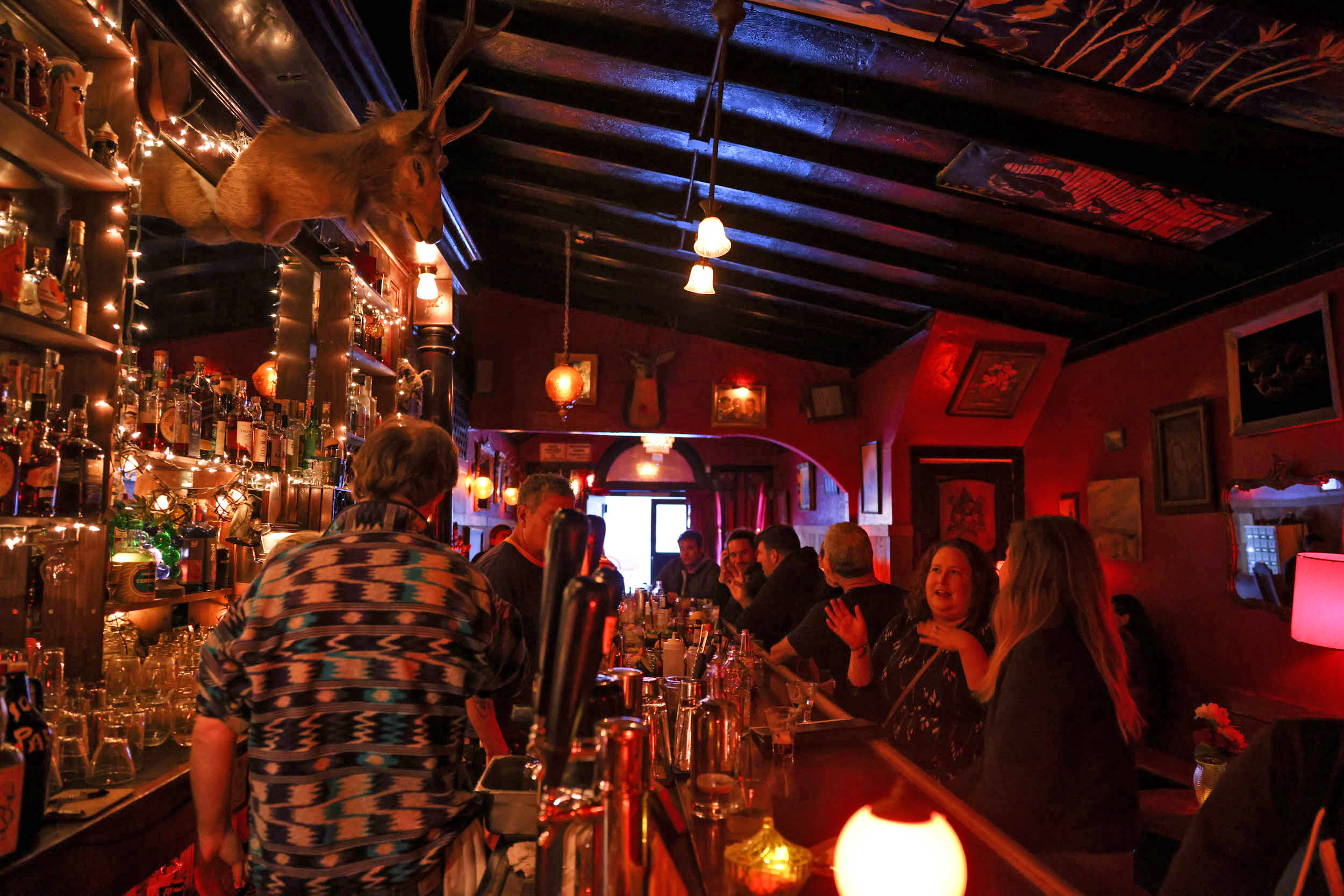A 4 a.m. last call in San Francisco is one step closer to becoming reality.
The revived effort to give bars in the city the option to stay open, while serving alcohol, for two additional hours survived an Assembly Appropriations Committee vote Thursday. And though local nightlife advocates have had their hopes dashed in the past (similar legislation has come before state lawmakers several times in the recent years) there’s optimism that this time it will stick.
SB 930, introduced by state Sen. Scott Wiener, would require the Department of Alcoholic Beverage Control to create a three-year pilot program where chosen alcohol license holders in specific cities are allowed to sell alcoholic beverages between the hours of of 2 a.m. and 4 a.m. Currently that activity is a misdemeanor under state law.
The last time a similar bill was introduced by Wiener it was amended in the Assembly to cut last call from 4 a.m. to 3 a.m. before eventually being voted down.
Wiener, who co-authored the bill with recently elected Assemblymember Matt Haney, argues that the bill is important to helping nightlife businesses recover from the debt load of the pandemic.
Extending bar operating hours has been a perennial issue for San Francisco lawmakers, including Wiener and his predecessor Mark Leno. A similar version of the bill passed both houses before being vetoed by former Gov. Jerry Brown in 2018 who said “we have enough mischief from midnight to 2 without adding two more hours of mayhem.”
The hope from bill supporters is that Gov. Gavin Newsom, who made his fortune in the wine and hospitality industry, will be more amenable to extending last call.
The initial list of seven participating cities in the bill was trimmed down to only include San Francisco, Palm Springs and West Hollywood.
Each jurisdiction would create their own process for choosing businesses that are allowed to participate in the pilot as well as specific rules they would be required to follow. Cities are required to designate a task force to develop a recommended local safety plan with the California Highway Patrol and adopt an ordinance laying out its plan that will be reviewed by ABC.
Additional fees are also required for bars wishing to participate, including a $2,500 application fee and $2,500 annual fee for the extended hours license.
All this process will take a while, even if the bill gets signed into law. Bar patrons looking to party until 4 a.m. will have to wait until at least 2025 for it to go into effect.
